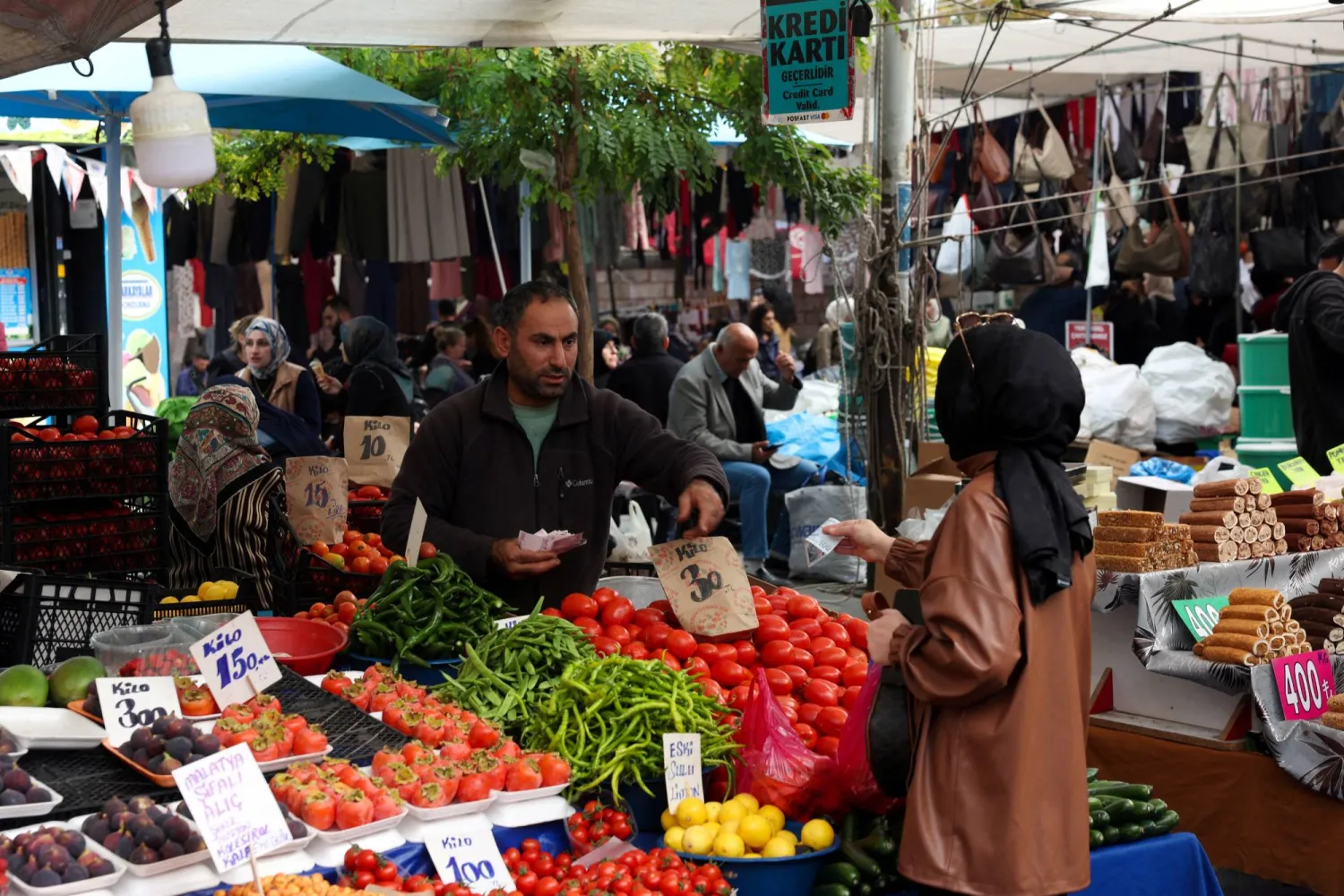A Kazakh official has outlined plans for a trilateral summit to organize a global event under the “One Water Summit” initiative.
The summit, which will be chaired by Saudi Arabia, Kazakhstan, and France, and supported by the World Bank, aims to build alliances, make commitments on water resources, and find practical solutions to global water issues.
Speaking to Asharq Al-Awsat, Kazakhstan’s First Vice Minister of Water Resources, Bekniyaz Bolat, said the summit is a key step toward the UN Water Conference in 2026.
The main goals of the summit include water sharing, expanding efforts to protect freshwater ecosystems, exploring innovative financial solutions, and minimizing water resource impact through measures like reducing water footprints and sharing information.
Bolat outlined seven key measures to address climate change, including developing strategies for adaptation, involving stakeholders like the private sector, and using new technologies. The plan also focuses on efficient water use in agriculture, water-saving irrigation, drought-resistant crops, and updating infrastructure.
Bolat stressed that the summit reflects Kazakhstan’s commitment to international cooperation, offering participants the chance to share knowledge and efforts on water management.
This collaboration will help introduce innovative techniques for measuring, managing, and using water, aiming to adapt to changing water cycles and preserve resources.
A key focus is investment in infrastructure, especially joint projects to modernize water systems. On November 12, 2024, Kazakhstan signed a $1.153 billion loan agreement with the Islamic Development Bank during the COP29 climate summit in Baku.
Strategic Cooperation with Saudi Arabia
Bolat also discussed opportunities for strategic cooperation between Saudi Arabia and Kazakhstan, particularly in environmental and natural resource management.
Both countries face climate change challenges, including water scarcity and desertification. Collaborative projects on restoring reservoirs, water-saving technologies, and anti-desertification efforts are seen as vital for strengthening ties.
He highlighted the potential for shared knowledge, with Saudi Arabia’s expertise in desalination and Kazakhstan’s projects like the Aral Sea restoration. Participation in global climate initiatives will further deepen this cooperation.
Adapting to Climate Change
Kazakhstan is actively working to adapt its water sector to climate change. Bolat emphasized the need for proactive measures to ease pressure on water resources.
In response to water shortages, Kazakhstan has focused on sustainable water management, including renewing reservoirs to store a record 75 billion cubic meters of water this year—15 billion more than last year. Over 12 billion cubic meters of this came from floodwaters.
He also mentioned ongoing work to modernize water infrastructure, which improves efficiency and ensures stable water supplies, even during droughts.
As a country reliant on transboundary rivers, Kazakhstan is committed to working with neighboring countries. Thanks to “water diplomacy,” it has secured sufficient water supplies for its southern regions, with water deliveries exceeding expectations.
Bolat concluded by emphasizing Kazakhstan's dedication to responsible water use, including implementing water-saving technologies, supporting farmers with modern irrigation methods, and promoting sustainable water practices among its citizens.









